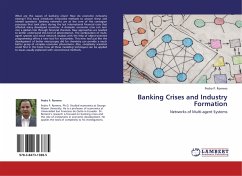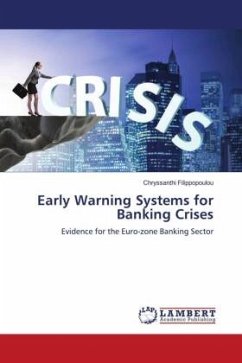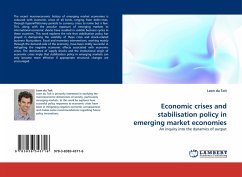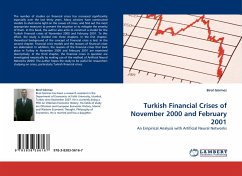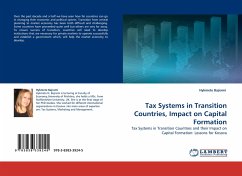What are the causes of banking crises? How do economic networks emerge? This book introduces innovative methods to answer these and related questions. Banking networks are at the core of the contagion processes that took place during the last international financial crisis that affected many developed countries. A domestic economic crisis can turn into a global crisis through financial channels. New approaches are needed to better understand this kind of phenomenon. The combination of multi-agent systems and social network analysis with the help of object-oriented programming offers a new tool for economists. This new tool just like the development of better microscopes did for chemistry can provide a much better grasp of complex economic phenomena. Also, complexity scientists could find in this book how all these modeling techniques can be applied to issues usually explained with conventional methods.
Bitte wählen Sie Ihr Anliegen aus.
Rechnungen
Retourenschein anfordern
Bestellstatus
Storno

